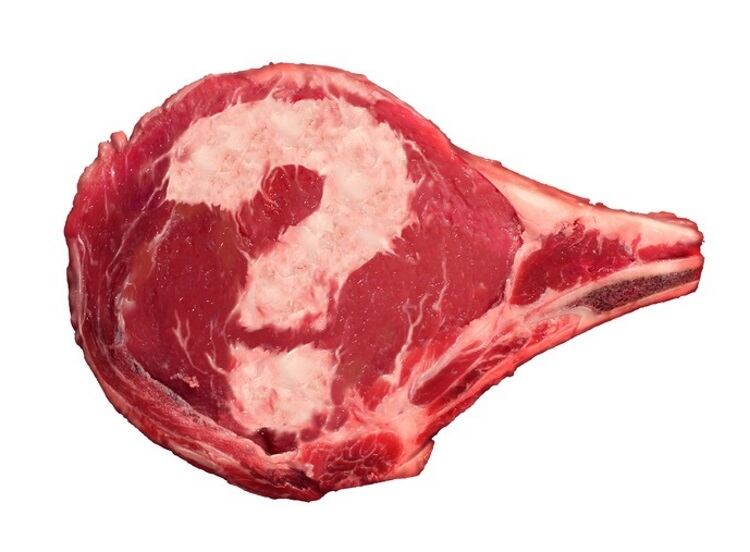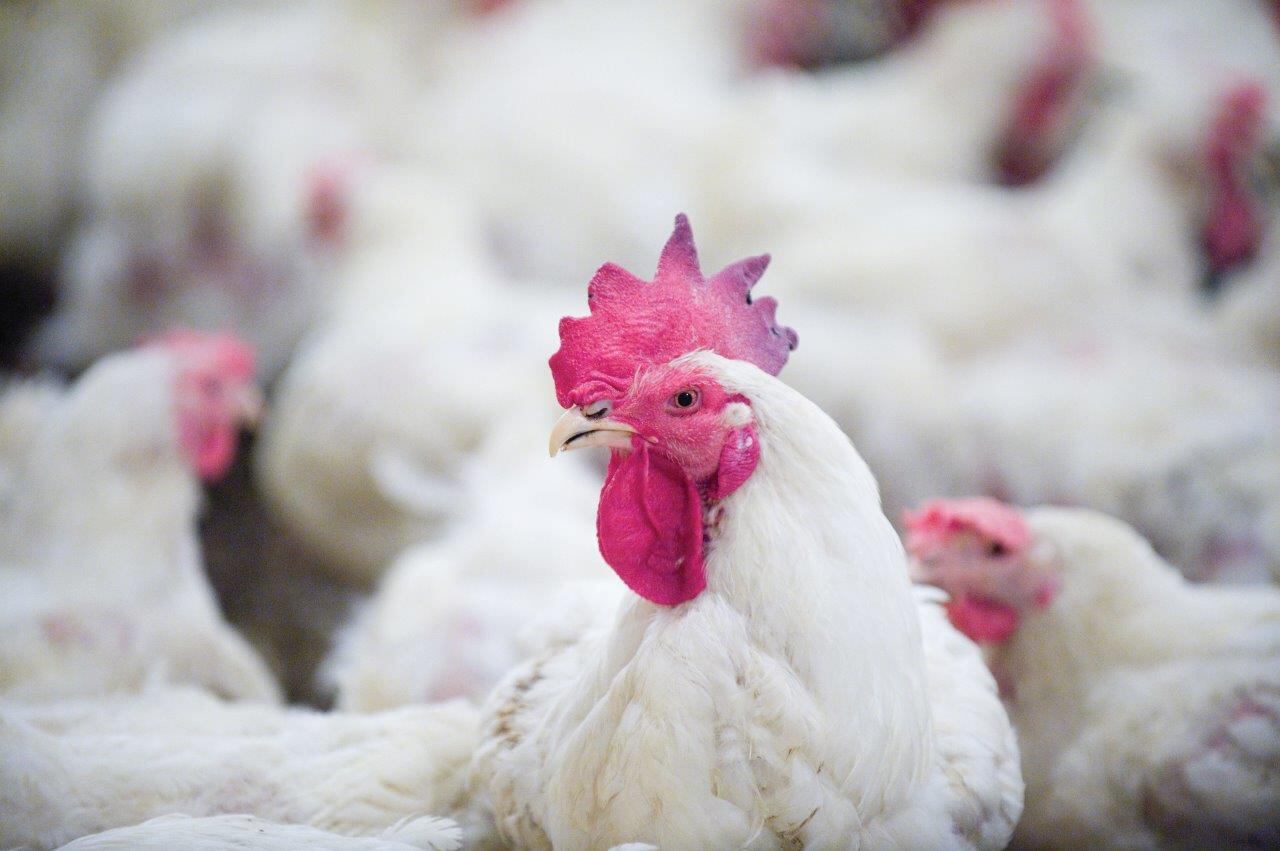Part of a series organised by the Food Ethics Council, the ‘trials’ explore and scrutinise selected emerging food policy ideas at inquiry-style sessions, with expert witnesses providing evidence and then questioned by both a Food Ethics Council jury panel and members of the audience.
The meat tax ‘trial’ heard from four expert witnesses, including Professor Mike Rayner, University of Oxford, who strongly argued the case that a meat tax was “necessary and inevitable”, while Jody Harris, Institute of Development Studies, gave evidence of the negative health impacts of consuming processed and ultra-processed meats.
The meat industry was defended by National Farmers Union vice president Stuart Roberts, and Richard Young, Sustainable Food Trust, who both challenged the idea of a meat tax, with Young highlighting the environmental benefits that grazing livestock could bring.
The protein’s nutritional value, as well as animal welfare and consumption levels were also discussed during the course of the trial.
The jury deemed that the oft-mooted meat tax wasn’t the correct approach and that a radical overhaul of the UK’s food environment was needed.
It suggested that, to maximise health benefits, a tax should instead be used to shift people away from all ultra-processed food. The jury urged that the UK Government must also respond to the climate emergency and the biodiversity crisis, with fiscal measures to incentivise climate-friendly livestock production and penalise those that contributed to global warming. It also proposed the introduction of import tariffs on feedstuffs, carbon taxes, nitrogen taxes and subsidies.
Commenting on the jury’s ‘findings’, Dan Crossley, executive director of the Food Ethics Council, said: “We shouldn’t lump all meat into the same basket, which is why a blunt tax on meat won’t work. The clearest evidence is against ultra-processed meat and other ultra-processed foods, which have been allowed to dominate our daily diets. It’s time to challenge this and seriously consider the idea of an ultra-processed food tax.
“Whatever happens with Brexit, we must get on with transforming our food system,” he added. “We urgently need interventions that can put livestock farming and the food we eat in the UK onto a healthy, sustainable footing. More food policy ideas need to be put on trial. Only by having a respectful dialogue about these critical issues can we make the urgent progress we need.”




